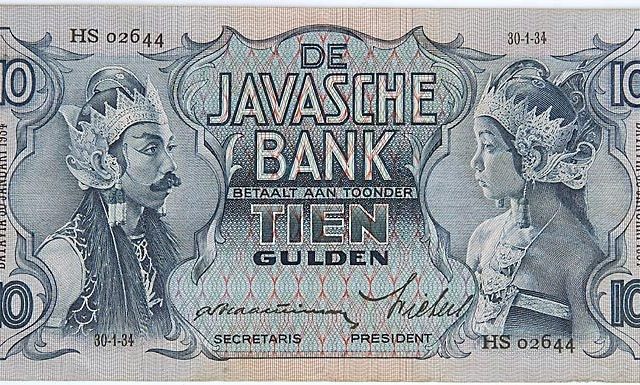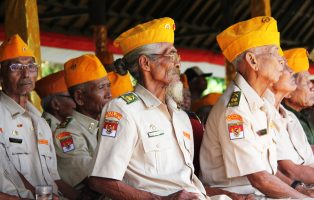About the Seminar
Without doubt, decolonization is one of the most important events of the twentieth century. It has determined the lives of billions of people, it has changed the face of the earth and has shaken, and still shakes, the hierarchies that had been established in the previous century or more. Yet, decolonization still is a poorly understood subject.
Usually decolonization is envisioned as the series of events surrounding the transfer of sovereignty, as a history of the departure of the colonial ruler and the winning of independence. Both from the perspective of the former colonizer and from that of the independent state, the prevailing image is that of a rupture: the departure of the old colonial rulers and the retrieval of national freedom. This is called the ‘light-switch view’ on decolonization: the moment the light is turned off, or on, depending on the perspective.
This image conjures up lots of questions: What determined the start and the conclusion of decolonization? What was being decolonized? Is decolonization the same for the former colonizer and former colonized? What did the colonialism consist of that Indonesians wanted to shed? And did decolonization have the same meaning for all?
In the seminar, we will discuss the potential and the flaws of the concept of decolonization. It also deals with the position of the historian viz-à-viz the morally and historically contentious topics of colonialism and postcolonialism. Two cases will illustrate the complex genealogies of colonialism and decolonization, and the claims that are involved: democracy and modern Indonesian art.
Remco Raben (NIAS, UU, UvA)
About NIAS Seminars
NIAS Seminars are aimed to stimulate scientific cross-pollination within the NIAS academic community, but seminars are open to others who are interested. Please let us know if you wish to attend.




